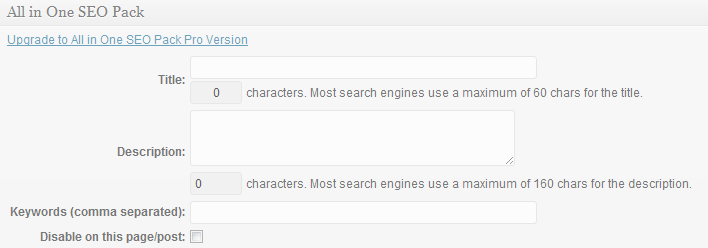SHARE
Google’s New Hummingbird Algorithm – How Will It Affect Your Website?

The Google Hummingbird algorithm changed the way Google looked at search terms and ranked content for users. Implemented in 2013, after the earlier Penguin and Panda updates, Hummingbird changed how you use language on your business website. Unique content became the focus, and this has not changed.
How Does Google's Hummingbird Algorithm Affect Your Business Website?
Demonstrating that your business is worthy of higher search rankings for users looking for your product or service hinges on your credibility and authenticity. It is imperative that your online content showcases your expertise, experience, authoritativeness, and trustworthiness. You can do this through your business blog, your social channels, testimonials, case studies and consistent, knowledgeable and helpful content that is easily accessible to consumers.
Creating unique, engaging, useful content for your readers and potential clients will build your reputation every time it is viewed, commented on and shared. Ensure you share this information on social networks like LinkedIn, your Business Facebook page, X (formerly Twitter), and the other platforms you use to reach your customers. You don't have to post on every platform, but you should try to have a presence where your ideal audience looks online.
Keeping up with content demands and meeting Google requirements to rank higher can be overwhelming. You might think that AI is a solution to your content crunch struggles, and it can be helpful; however, Google is looking for genuine human content that reflects new ideas and fresh thought, not old information spiced up with AI. Content specialists can help you do this better than AI.
Google has recognized that people search using 'conversational' language. Some businesses still believe that 'formal language' shows people how complex their products are and somehow convinces their readers that they must buy from them (Read Education vs. Business writing) to learn more about the difference when writing online).
Formal writing is exactly the opposite of what people are looking for online, and Google proves this by changing the algorithm to look for conversational language.
Here's what you need to keep in mind when creating online content:
- Use the keywords that reflect your industry. Do your research using Semrush to find out your best keywords and how you can use them in your content.
- Use fresh ideas and data that are unique to your business. Your strength is how you stand out from your industry competition. Make people choose you because what you offer them is better, and it's apparent in your content.
- Be consistent across all your online content. To build a reputation, use a content strategy highlighting areas of your business you want to promote. Each area can be developed and shared across various media to attract leads and nurture relationships. HubSpot offers a seamless way to do this.
In the next article, you will learn ways to ensure your business website answers readers' and potential clients' questions. Google's hummingbird algorithm focuses on this and will help your business website become an 'expert' online.
Get Started Using SEO Better to Rank Higher with Google
References:
Topics
- Content Creation (297)
- Growth-Driven Design Websites (167)
- Inbound Marketing (147)
- Sales Growth (133)
- Tangible Words (111)
- Search Engine Optimization (85)
- Social Media Marketing (83)
- Hubspot (78)
- Blogging for Business (75)
- Economic Development (64)
- Events & Training (60)
- Company Growth Podcast (49)
- Manufacturing (47)
- Tourism (46)
- Email Marketing (42)
- Case Stories (40)
- Testimonials & Client Feedback (36)
- Education and SaaS (23)
- Google (21)
- Careers (19)
- Inbound Marketing Agency (19)
- Cool Companies (18)
- FAQ (16)
- Alysha Dominico (13)
- Associations (7)
- Food and Beverage (7)
TW Blog Sign-Up
Learn more about how to grow your business and improve your sales team process.





2%20(blog%20dimensions)(alterntate%20text).jpg)


